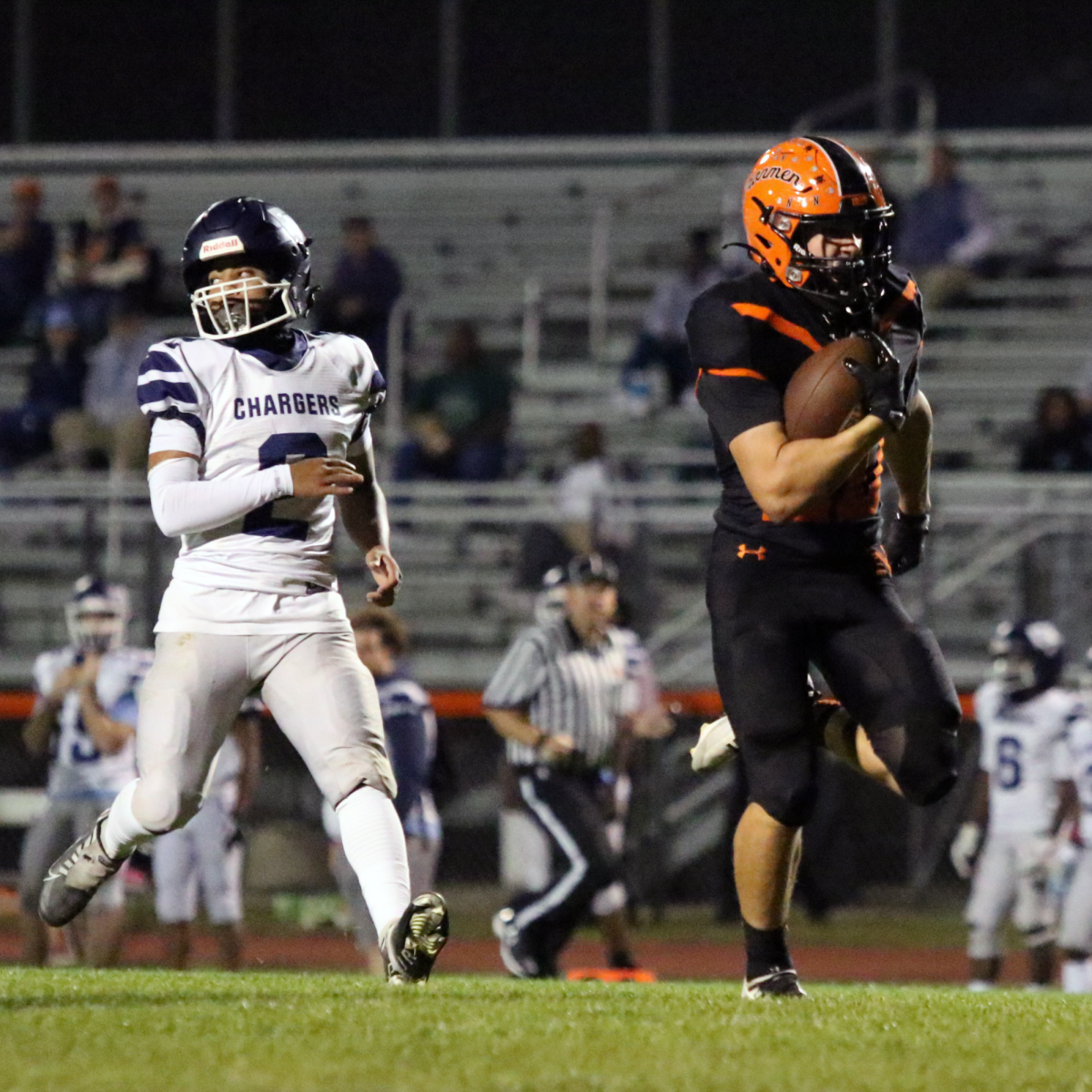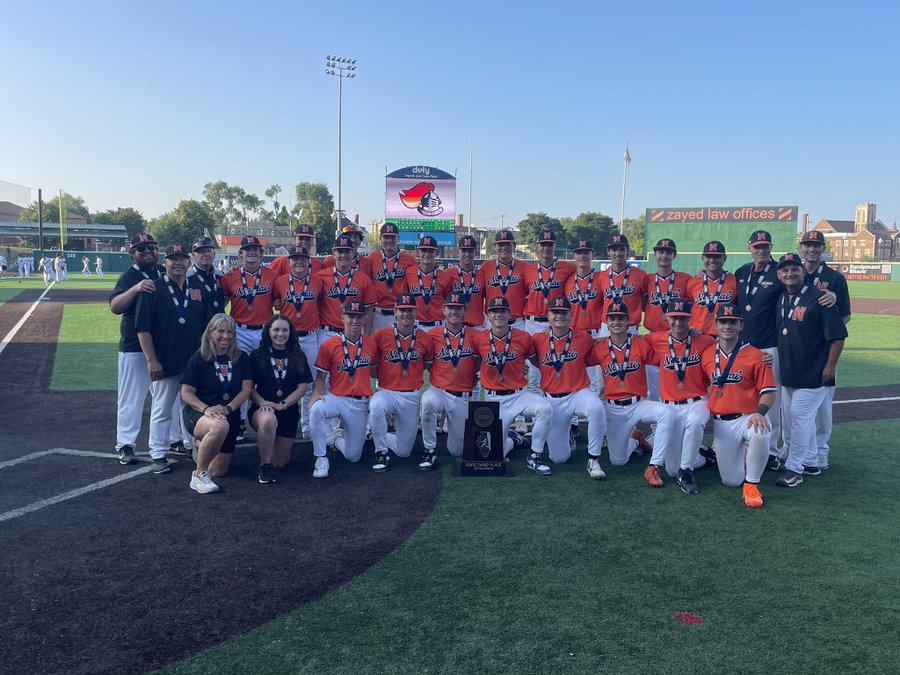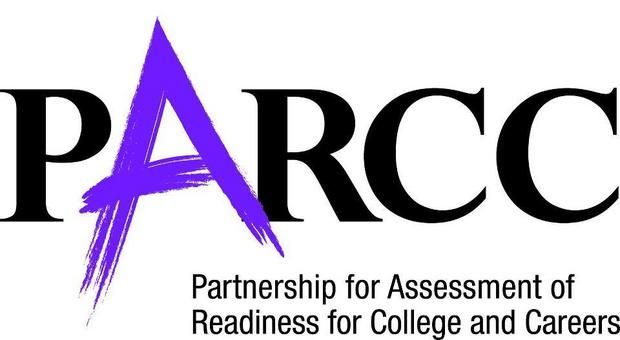Over the past decade in the United States after the No Child Left Behind act of 2001 was passed, there has been a perceived shift public education’s’ priorities. This has led to some schools to lean away from teaching critical thinking skills and real world application and towards teaching to the test. With the Obama administration’s 4.3 billion dollar act Race To The Top in coordination with No Child Left Behind, education policy analysts and educators are noticing that schools are falling behind the goals of the acts.
The original intent behind new Common Core tests is that they would be able to assess more critical thinking skills than previous exams. However, evidence has shown that Common Core tests have not improved student achievement. In fact, a Washington Post article showed that the United States fell to 17th in reading, 31st in math, and 23rd in science internationally.
However, proponents of Common Core assessments argue that standardized tests are inclusive and nondiscriminatory, given that everyone is tested the over the same information.
2015 is set to be the official “trial run” year for the PARCC test. PARCC or, Partnership for Assessment of Readiness for College and Careers, is a controversial Pearson developed standardized test (that received a combined $360 million from the Obama administration’s Race to the Top Grant.) The test is aligned to the Common Core state standards and will be used for state level accountability measures. In Illinois, the PARCC test replaces the ISAT for elementary schools and PSAE for high schools, and will be taken by students in grades early as third to eleventh. In future years, the PARCC is intended to be a state graduation requirement for juniors and to use for college entrance, in addition to being administered in elementary and junior high aged students. However, these policies are not in action yet.
The PARCC has garnered widespread mixed emotions from students, parents, staff and even administration. Supporters include New Jersey Governor Chris Christie, who urged parents not to opt their children out of testing. A factsheet from PARCConline.org also calls the test “a useful tool for teachers” and an “economic opportunity for states”, saying that “for the first time, states and local communities will know how their students stack up against their peers in neighboring states and cities”
Overall, it seems as though many people across the United States are against the PARCC test. But why?
On September 22nd, 2014, Chief executive Barbara Byrd-Bennet of Chicago Public Schools addressed her desire to delay the PARCC test, stating that:
Other opponents state that the test takes too much class time away from students and staff. In fact, the PARCC test takes up to 11.5 hours, almost double that of the ISAT test. On top of that, high school students are also preparing for major tests like the ACT or the SAT. Furthermore, many parents and teachers have found flaws with the test, saying that it is poorly designed and developmentally inappropriate for each grade level.
Nationally, there has been a wave of opposition towards the PARCC test. From New Jersey to Denver, and all the way to New Mexico, the test is being criticized by students and parents who oppose the implementation of yet another high stakes standardized test.
Locally, NCHS students took matters into their own hands. The Blono Student Union organized a protest on Friday, March 6th, that lasted through the first hour of class. According to their Facebook page, the purpose of the protest was to “stand in solidarity with all of them [students across the nation]” who are against the PARCC. Students who participated received an unexcused absence from their first hour.
In a post reflecting on the protest, the union encouraged people to remain respectful to administration, to catch up on missed homework, and to continue to educate themselves and others around them. The group also encouraged students who are against the PARCC test to refuse it, which they are able to do according to the Illinois State Board of Education’s reasons for not testing. The page that lists reasons why a student was unable to test includes Code 15, which states one possible reason as: “Refusal but Present to Test”, meaning a student was given test material but verbally refused to take it.
The union is also taking matters to Springfield and on March 25th the group plans on lobbying for House Bill 306, a bill that would allow parents to opt their students of standardized tests, alongside grassroots education group Raise Your Hand who’s goal is to advocate for better public education here in Illinois.
As more tests are being created to fit Common Core standards, opposition is growing. Students, parents and even administration are fighting high stakes testing. In Illinois, over 40 superintendents in Illinois urged the state to delay administration of the PARCC, and one superintendent in Illinois even wrote a warning letter to parents and community members about the PARCC. In her letter, Trisha Kocanda of Winnetka Public Schools wrote:
The PARCC is currently moving into it’s testing mode here in Illinois.



![Community honors longtime coach Mr. Bryan Thomas before Oct. 3 game [photo gallery]](https://nchsinkspot.com/wp-content/uploads/2025/10/Thomas-6-1200x1200.jpg)























![Playoffs Rd. 1: Coach Drengwitz on Ironmen’s 7A playoff opener at Carmel Catholic [video]](https://nchsinkspot.com/wp-content/uploads/2025/10/PW_PresserVCC_Thumb.png)



















![Halloween candy cross section quiz [quiz]](https://nchsinkspot.com/wp-content/uploads/2022/10/Candy-cover-big-900x675.png)
![Average Jonah? [quiz]](https://nchsinkspot.com/wp-content/uploads/2022/05/average-jonah-900x600.png)







![[Photo Illustration]](https://nchsinkspot.com/wp-content/uploads/2025/09/trigger-words-1.png)










![Hauntcert performers on why this year’s show hits all the right notes [video]](https://nchsinkspot.com/wp-content/uploads/2025/10/Untitled-2.png)

![Ironmen volleball head coach Ms. Christine Konopasek recorded her 400th career victory Oct. 21 as the Ironmen closed their regular season with a 2-0 sweep over Danville.
[Photo Illustration]](https://nchsinkspot.com/wp-content/uploads/2025/10/Vball400Thumb.png)





![Week 9: Coach Drengwitz on Week 8’s win, previewing Peoria High [video]](https://nchsinkspot.com/wp-content/uploads/2025/10/W9_PeoriaThumb.png)
![Postgame: Drengwitz on Community’s 56-6 win over Champaign Centennial; staying unbeaten in Big 12 [video]](https://nchsinkspot.com/wp-content/uploads/2025/10/10.17_FBwChampCent56-6_POST_thumb.png)
![On the Spot: This or That – Halloween [video]](https://nchsinkspot.com/wp-content/uploads/2024/10/tot-Halloween-YT-1200x675.png)
![On the Spot: This or That – Fall favorites [video]](https://nchsinkspot.com/wp-content/uploads/2024/10/ots-fall-web-1200x800.png)
![On the Spot – Teachers tested on 2023’s hottest words [video]](https://nchsinkspot.com/wp-content/uploads/2024/01/On-the-Spot-Teachers-tested-1200x675.png)








